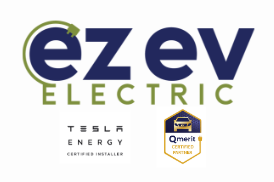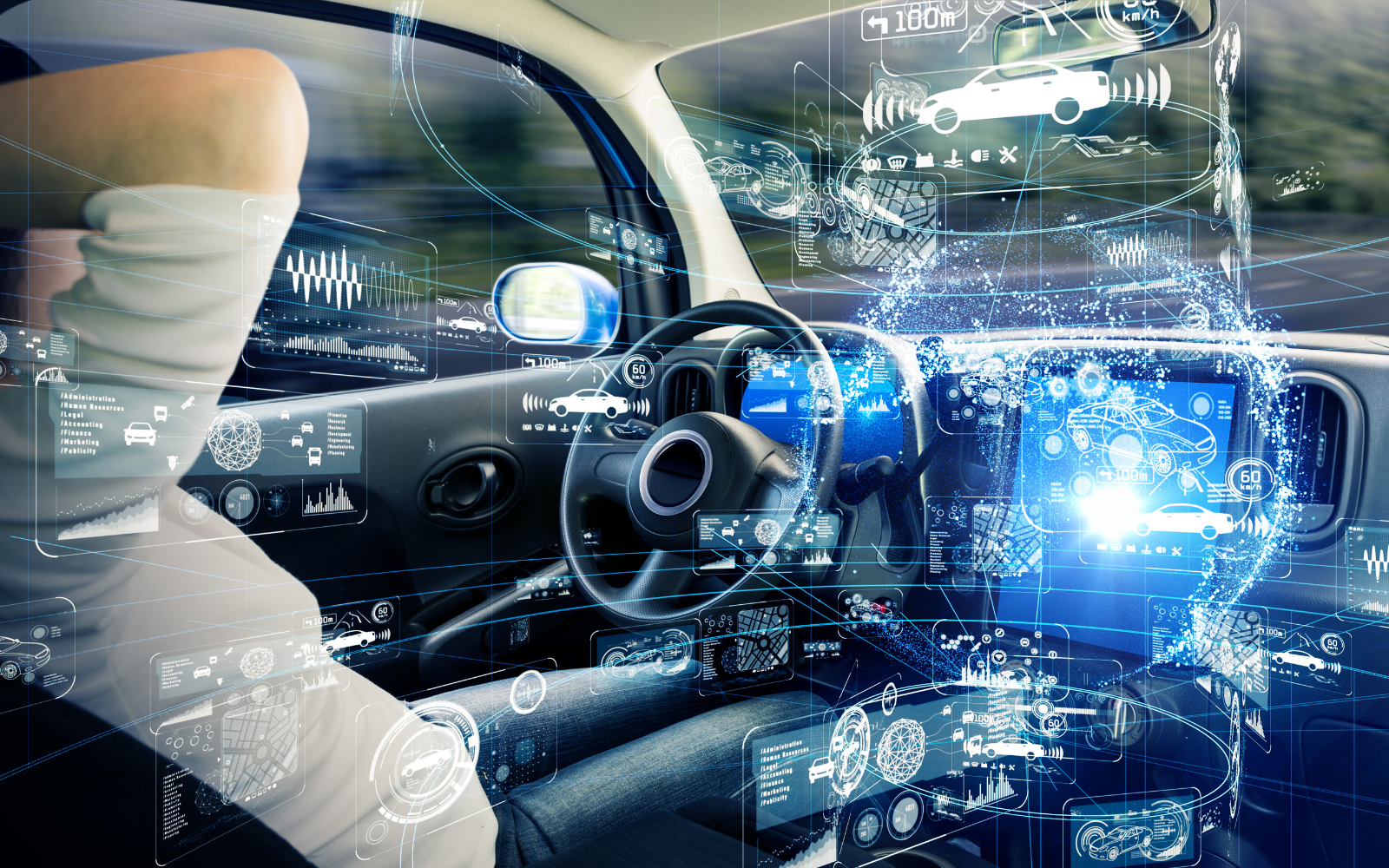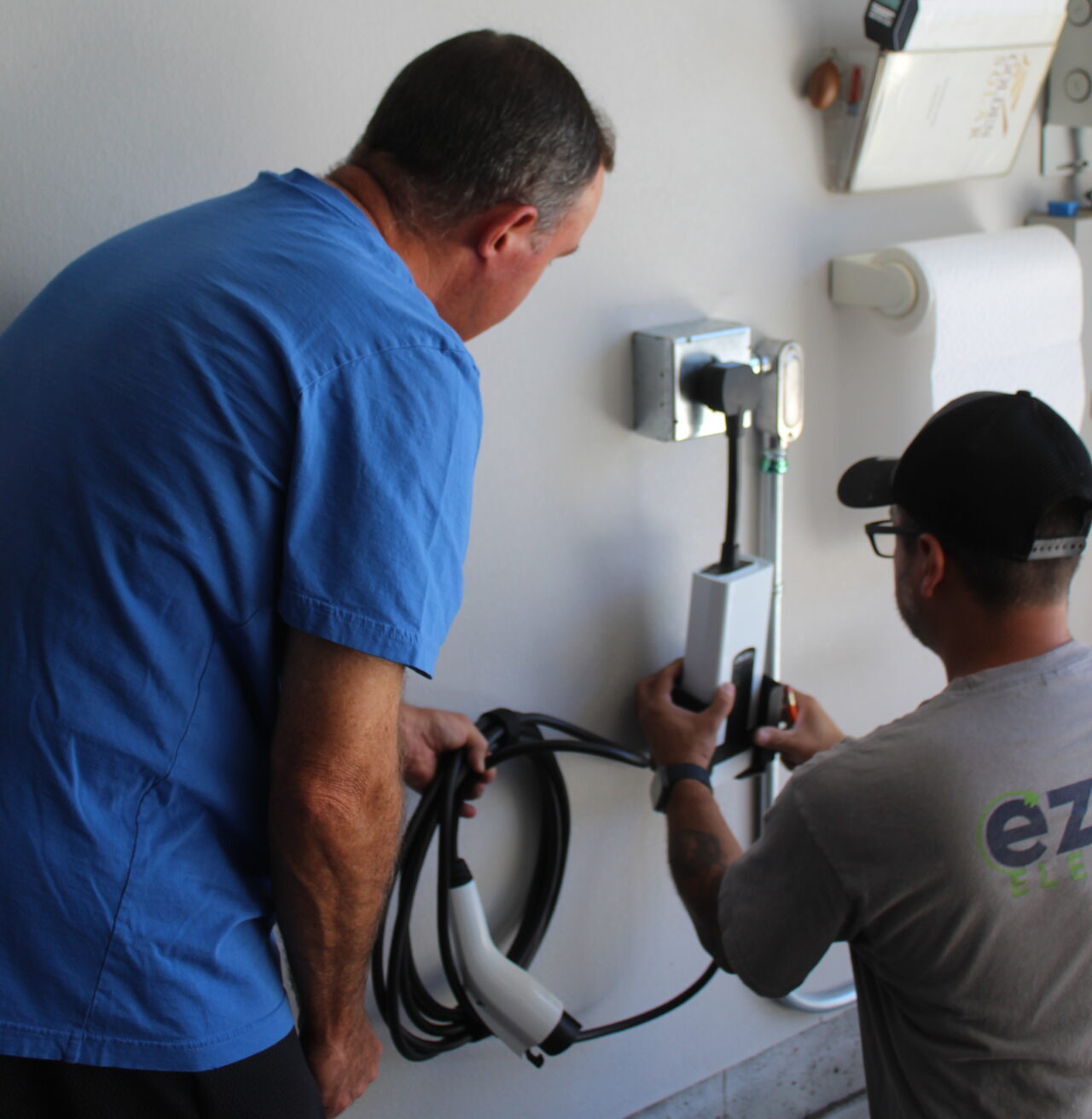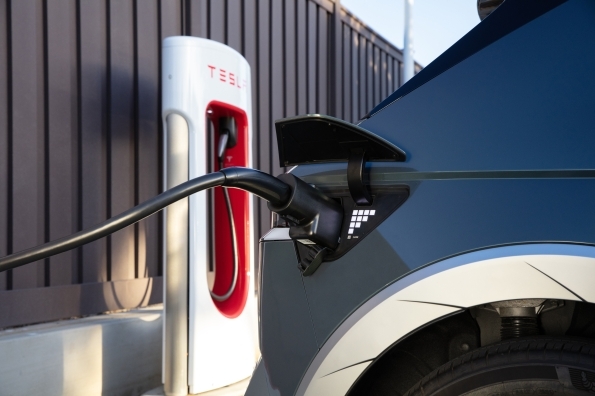The past few years have seen an astronomical rise in AI, or Artificial Intelligence. Whether it is a simple task, such as creating an image, or a complex one, like assisting with diagnosis and surgery, the use of AI has become the norm in today’s age. This technology is everywhere. And electric vehicles are not an exception. It is reshaping the world of transportation with EVs at the forefront of this revolution.
AI is being integrated into various aspects of EV, including design, control, and operation. It leads to creating smarter, safer, and more efficient vehicles. In this blog, we will understand how AI is impacting the EV landscape, enhancing driving experiences and adding to a sustainable future.
Smarter Autonomous Driving
AI supports self-driving features installed in EVs, including sensors, cameras, and radar, to judge the road. These elements can understand their surroundings better when equipped with AI. As a result, they can spot pedestrians, traffic signs, and other vehicles, leading to safer driving with reduced accidents.
Unlike human drivers, AI is not prone to distractions or exhaustion. It lowers the risks of errors. This can be quite useful to reduce accidents caused by human errors. Moreover, AI learns the patterns of past trips to improve navigation over time. For example, Tesla’s Autopilot uses AI to steer, brake, and switch lanes. This technology is gaining traction, establishing it as the norm in the upcoming years.
Better Battery Management
The battery is the heart of any EV. However, they are vulnerable to degradation due to poor charging habits and improper maintenance. AI can address this concern.
AI can let you know the predictive maintenance for batteries. Simply put, it can detect the early signs of degradation and alert drivers to take action. Companies like BMW use AI to improve battery efficiency. Better batteries mean fewer worries for drivers.
It includes predictive analytics and machine learning algorithms to assess driving patterns and optimize charge cycles, reducing battery aging and improving performance.
For example, an AI system has a cycle assessment to identify patterns causing premature battery failure. Moreover, there is a neural network technology to spot non-linear links between the battery and its environment. It can adjust charging rates based on battery temperature, charge cycles, and historical performance.
Optimizing Energy Efficiency
The range of the vehicle and its operating costs are directly impacted by its energy efficiency. AI has also addressed this area as it optimizes how EVs consume energy. Machine learning algorithms analyze driving patterns, road conditions, and even weather data to check the vehicle’s performance in real time. For instance, AI can suggest energy-efficient routes, change the power usage for steep routes, or navigate traffic.
The system also fine-tunes the EV’s energy consumption to improve efficiency. It can learn individual driving habits, including acceleration rates, usage of brakes, and climate control. This way, drivers can get the most out of the battery of their EV, lowering range anxiety and enabling EVs for long trips.
AI is Transforming EV Charging Networks Globally
AI can also be used to make EV charging infrastructure better and more accessible. With AI-powered smart charting systems, you can optimize when and where EVs are charged. It makes the process cost-effective and efficient.
For instance, AI can predict peak electricity demand. In such a scenario, it can schedule charging during off–peak hours when energy costs are lower. Not only does it save money for EV owners, but it also minimizes strain on the power grid.
Moreover, AI can be used to manage the growing number of charging stations. It can analyze data on charger usage, location, and availability. AI can direct the drivers to the nearest available station, reducing wait times.
In fact, AI can let EVs reserve charging spots in advance.
Improving Driver Assistance Systems
Modern EVs come with ADAS or Advanced Driver Assistance Systems, which can be enhanced by AI. AI facilitates features like adaptive cruise control, automatic emergency braking, and lane-keeping support. Thanks to its ability to process real-time data from the vehicle’s surroundings. These systems are designed to help drivers stay safe by asking them to take the right actions.
AI improves ADAS by learning from new driving scenarios. For example, if an EV deals with a new type of road accident, the AI can update its database to better handle similar situations in the future.
Streamlining Manufacturing Processes
Apart from enhancing driving experience, AI has an important role to play in the manufacturing of EVs. AI-powered robots and systems can help streamline production lines in EV manufacturing facilities. These systems can identify defects in components, optimize assembly processes, and even predict maintenance needs. Moreover, AI can automate repetitive tasks.
Personalizing the Driver Experience
AI can also help with personalizing the driving experience. It can learn supportive seat positions, climate settings, or entertainment options. For example, an AI system can figure out what kind of cabin temperature is preferred by the driver in the morning and adjust that accordingly.
It is common to see the use of voice-activated AI assistants in EVs. It lets driver control music, navigation, or phone calls without taking their hands off the wheel. These assistants rely on natural language processing to learn commands.
Enabling Predictive Maintenance
By reading the data from the sensors integrated in the EV, AI can detect potential issues before they turn into serious problems. For example, if a motor or braking system is on the verge of being worn out, the AI can alert the driver or service centre to take care of the issue. This proactive approach reduces breakdowns and keeps your EV running smoothly.
Shaping the Future of EVs
AI is revolutionizing the world of electric vehicles (EVs). As a result, we get to see smarter and more efficient EVs. From improving battery performance, personalizing driving experience, improving safety, to making EVs more autonomous, the technology is making EVs accessible and practical for everyone.
However, the rapport between AI and EV is more than just an advanced technology. It is about stepping into the future. As there is an increasing number of EVs, AI will continue to create a more sustainable and user-friendly transportation system. A big leap towards a brighter future for everyone!




